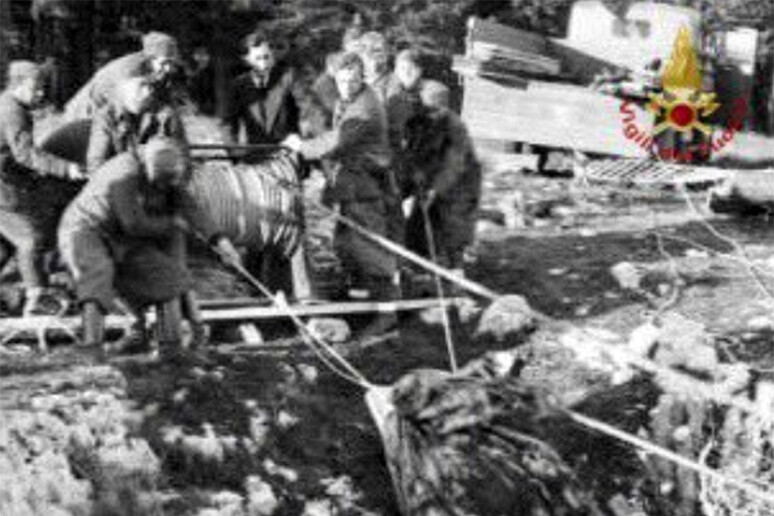Italy on Friday marks the Day of Remembrance of the Foibe, the massacre of the thousands of Italians by Tito's partisans in ethnic cleansing at the end of World War II.
"Today, Italy marks the Day of Remembrance and pays its tribute
to the martyrs of the Foibe and to the Italians who were forced
to abandon their homes just because they were Italian," Premier
Giorgia Meloni said.
"Hundreds of thousands of our compatriots who were forced to
flee and whom the nation did not know how to welcome as it
should have done".
The 'Foibe' mass killings took place mainly in Friuli-Venezia
Giulia, Istria and Dalmatia during and after World War II
against the local Italian population.
Foibe are narrow Carsic pits or gorges into which victims were
thrown, sometimes alive.
It is estimated that as many as 15,000 Italians were tortured or
killed by Yugoslav communists who occupied the Istrian peninsula
during the last two years of the war.
Many of the victims were thrown into the narrow mountain gorges
during anti-Fascist uprisings in the area and the exact number
of victims of these atrocities is unknown, in part because
Tito's forces destroyed local population records to cover up
their crimes.
Foibe Remembrance Day was not set until 2004, as the tragedy had
been
swept under the carpet by anti-Fascists in the postwar years.
"The memory of the Foibe and the Giuliano-Dalmatian exodus was
for too many years the victim of a real conspiracy of silence,"
Meloni said.
ALL RIGHTS RESERVED © Copyright ANSA











